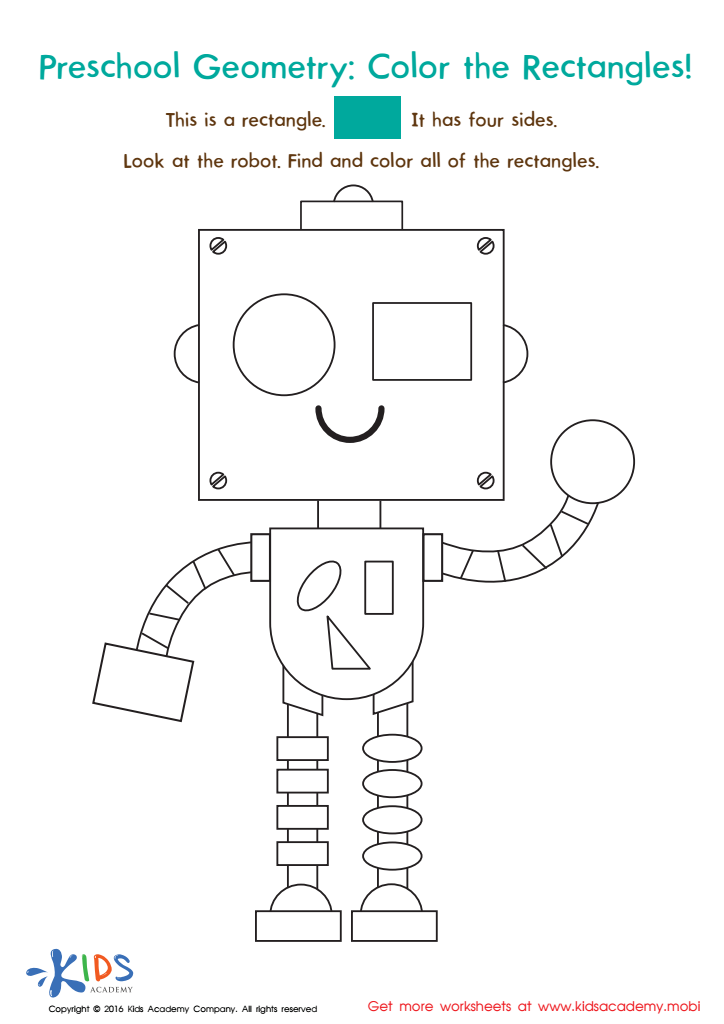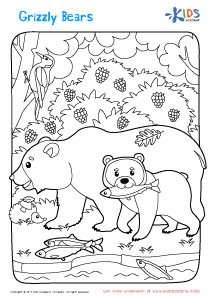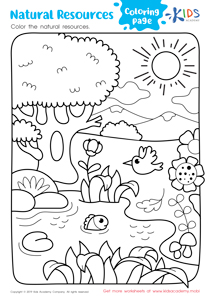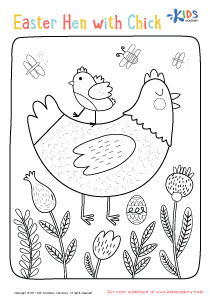Normal Difficulty Math Coloring Pages for Pre-K
1 filtered results
-
From - To
Introduce your little ones to a world of numbers and colors with our captivating Normal Difficulty Math Coloring Pages! Designed specifically for preschoolers, these engaging worksheets seamlessly incorporate math exercises in a fun, interactive manner. Each page is thoughtfully crafted to combine number recognition and simple additions/subtractions with creative illustrations. As children solve the math problems, they can bring these vibrant images to life by coloring them in. This delightful combination of learning and artistic expression fosters a solid foundation in basic math skills, while nurturing their creativity. Ignite their passion for numbers with our delightful Math Coloring Pages!


Geometry Worksheet
Math Coloring Pages are an incredibly beneficial tool for preschoolers to develop their math skills while having fun. These worksheets combine the excitement of coloring with basic math concepts, making learning an enjoyable experience for children.
One of the primary advantages of using Math Coloring Pages for preschoolers is that it helps them develop their number recognition skills. The worksheets often include numbers that children can color in, allowing them to become familiar with numbers in a visual and interactive way. This helps them in understanding the concept of quantity and counting from an early age.
Furthermore, Math Coloring Pages assist preschoolers in developing their fine motor skills. Coloring within the lines and holding a crayon or colored pencil correctly requires precision and control, which helps strengthen their hand muscles and coordination. By engaging in these activities regularly, children improve their hand-eye coordination, manual dexterity, and pencil grip, preparing them for later stages of writing and drawing.
Besides number recognition, Math Coloring Pages encourage the understanding of basic mathematical operations. These worksheets often include simple addition or subtraction problems that children can solve before coloring the corresponding sections. This engaging approach to learning math helps preschoolers develop their critical thinking and problem-solving skills while reinforcing their understanding of numbers. They learn how to apply the concepts they have learned in a practical context and build a solid foundation for future mathematical success.
Math Coloring Pages also foster creativity and imagination in preschoolers. By incorporating colors into mathematical exercises, these worksheets encourage children to think outside the box and explore different possibilities. They can use different shades and colors to create their unique interpretations of the numbers or objects they are coloring. This freedom of expression boosts their creativity and allows them to explore their artistic side while learning math.
Moreover, these worksheets provide an excellent opportunity for parents and teachers to engage with their preschoolers in a collaborative and interactive way. Completing Math Coloring Pages together can be a fun bonding activity that promotes communication and teamwork. Parents and teachers can guide children through the exercises, ask questions about numbers, colors, and shapes, and celebrate their achievements. The positive and supportive environment during these activities enhances the child's self-confidence and motivation in learning.
By using Math Coloring Pages, preschoolers also develop their attention span and concentration skills. Coloring requires focus and concentration to complete the task at hand. By engaging in these activities, children learn to pay attention to details, follow instructions, and stay focused for an extended period. These skills are essential for their overall cognitive development and will benefit them in other areas of their academic journey.

 Assign to the classroom
Assign to the classroom








